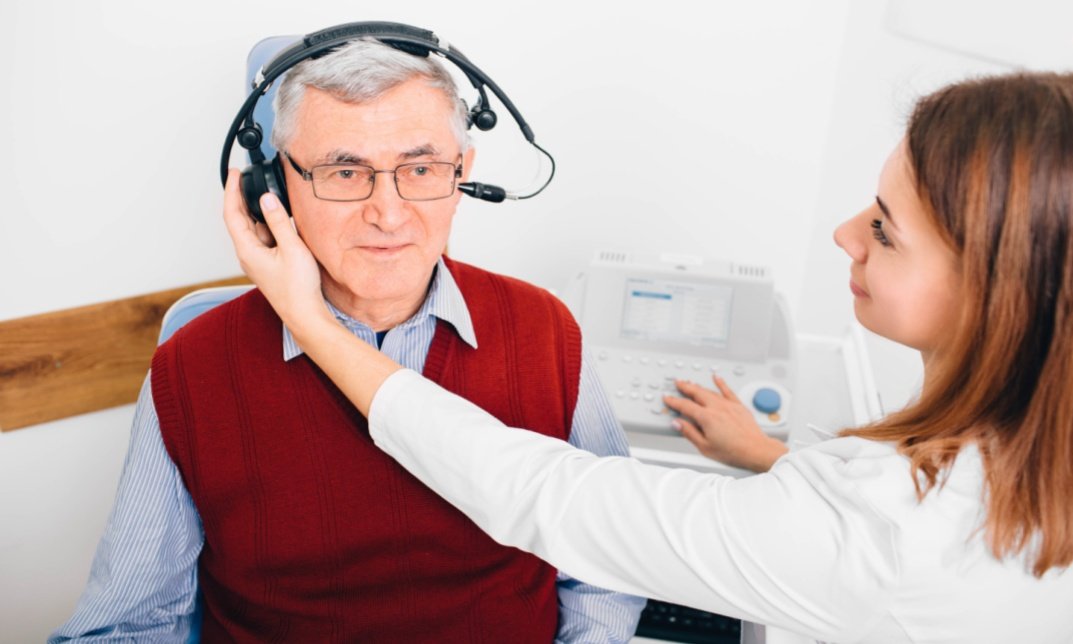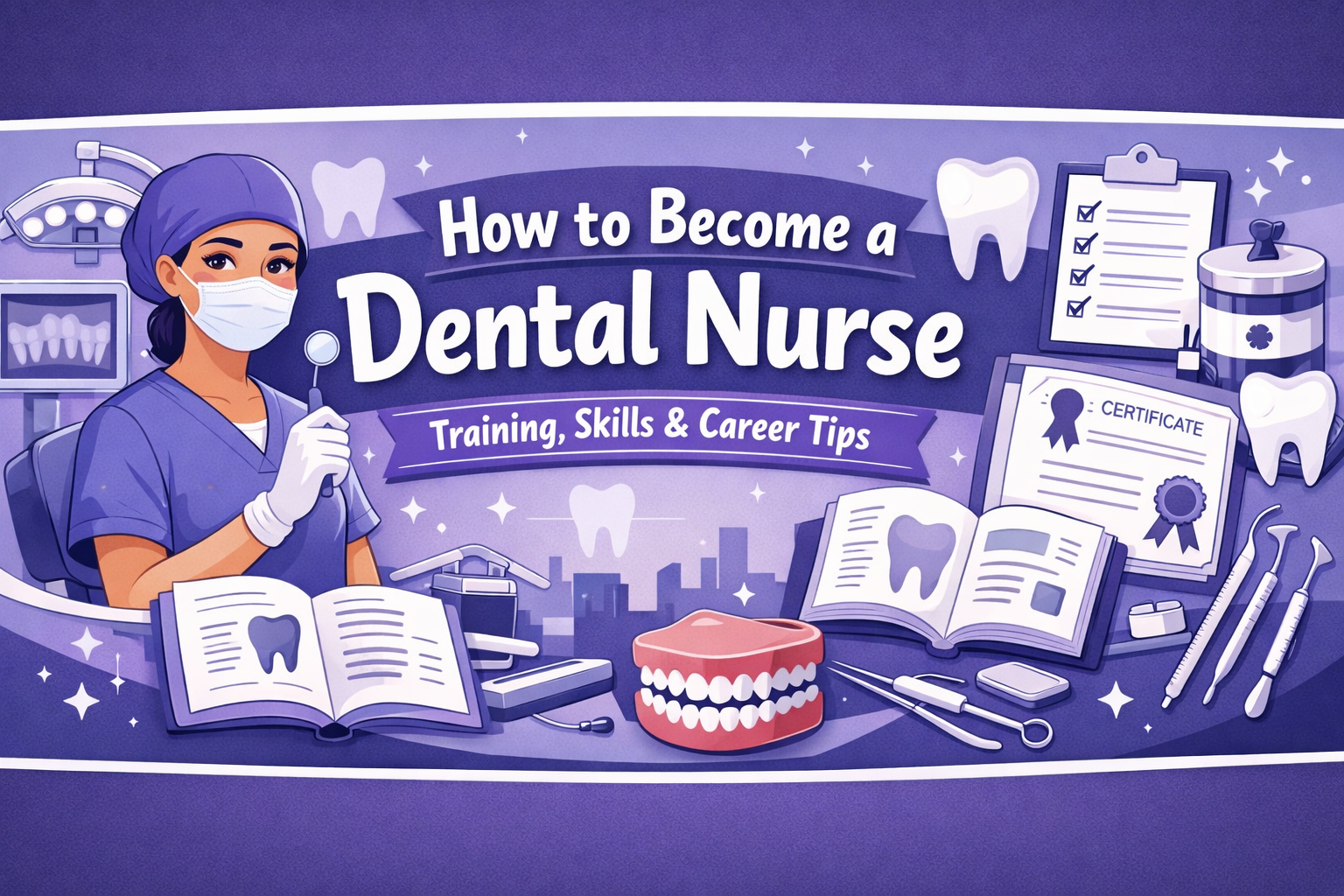No products in the cart.
What are the care values in health and social care? It’s a key question at the very core of good support. These aren’t just dry rules on paper. They are living ideas. They guide every action and choice in care. They ensure all people get the best help. This is true no matter their background or situation. This look into these vital values will show just how important they are. It will also explain how they build trust. They improve the overall well-being of everyone touched by care.
What Are the Care Values In Health and Social Care?
Values in social care are the rules and ideas that guide how care providers act. These ideas are key. They ensure care is fair, kind, and respectful. They shape everything care workers do, including daily talks and making choices which affect clients, families, and coworkers.
Studies, cultural backgrounds, and personal lives all influence social care values. Care providers must always check their values and ensure they match job rules. This is because values change how they see and do their work. Social workers handle tough job parts better. Values act as their moral guide.

What Do People Value In Health and Social Care?
People care deeply about quality, kindness, and ease of access. They also value many other parts of health and social care. They greatly value getting personal care. This care shows respect, worth, and understanding. It meets their needs and wishes.
Quick help and clear talks are vital. They ensure that care is easy to get and understand. People also value smooth teamwork between services. This helps care continue, which is key for long-term sicknesses. Being able to trust and keep things private is important for people to trust the system. Care that helps with mind, body, and social well-being is valued. It lets people choose about their care, making the experience truly valued.
The Core Values of a Health and Social Worker
Health and social workers follow key ideas. These guide their work. They ensure good, moral, and kind care. These values include:
Privacy: Showing respect for trust builds trust in care work. What happens between a care provider and a client should be noted. But it doesn’t have to be shared.
Eligibility: You will get better at your job. You will become more sure of yourself. This comes from abilities, qualifications, and knowledge. Always learning makes your skills better.
Honesty: Respectful behaviour builds trust when dealing with clients, people getting help, coworkers, and bosses. People around you will like you, including patients and workers. Be trustworthy and honest, and follow work rules.
Dignity: Respect and dignity for the person are key ideas in health and social care. Most people who use your help or services will be in a weak state. You can greatly help the person in front of you by seeing to their different needs and showing respect for their dignity.
How to Apply Values in Health and Social Care
Putting social care values into practice means making them part of all aspects of care. Carers need to remember these ideas, which apply to daily talks, routines, and choices.
Training and development: Ongoing training is key. It ensures carers understand social care values and can then use them. Training courses should focus on main ideas and include real-life examples that show how ideas are used daily.
Practical application: Care providers must be aware of their conversations with people getting help. This helps them use these beliefs. A care worker should always respect the dignity of the person. This means keeping their privacy. It means explaining every step of the process. Giving people choices in daily things, including what to wear or do, respects their freedom and gives them power.
Overcoming challenges: Care providers might find it hard to use these ideas. This can be due to a lack of resources or time. Groups should help their workers, give them enough resources, and create a place that values giving care. Care providers can also learn from thinking about their actions. This means checking their choices regularly to ensure they match social care ideas. This could mean talking about hard times with a colleague or boss. It also means thinking about future responses.
What is the Impact of Values on Health and Social Care?
Care that is based on values has a big effect on people getting help. Carers who follow these ideas provide better care. This care respects uniqueness, freedom, and dignity. This leads to better results, more happiness, and more trust in care providers. Value-based care must respect each person’s needs. It respects their wishes. It treats them as individuals. This personal care can greatly improve life. This is true, especially for those who are weak or have complex needs.
Following social care ideas can make carers happier at work. It creates a happier workplace. When care providers feel their job matches their values, they are more involved and want to work. This can cause stress and tiredness, leading to a more dependable and dedicated team. It also strengthens bonds. These bonds are between workers and clients. This happens when carers base their work on these ideas. Care gets better, talks are clearer, and trust is built. This helps create a more kind and supportive care place and helps people get care.
Conclusion
To sum up, medical and social care are key to good, right, and kind treatment. These rules provide care, promote health, and protect trust between people who receive and give help.
These standards ensure care is personal. It meets each person’s needs, choices, and views. They also build trust. They give people a drive. They help well-being. They support work rules. They guide choices. They help make good connections. These are between family, carers, and people getting help.
So, join our Health and Social course from the Open Learning Academy for more knowledge and ideas.




